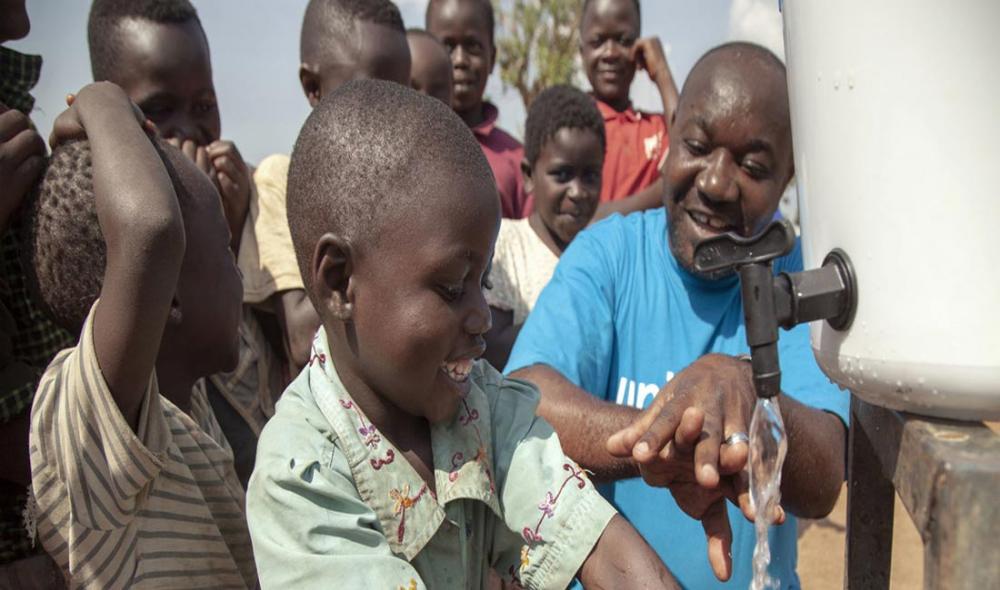Just Earth News | @JustEarthNews | 30 Aug 2018, 06:28 am Print

UNICEF/Mark Naftalin
New York, As the eastern Democratic Republic of the Congo (DRC) gears up for the upcoming academic year – with some 250 schools in Ebola-affected health zones – the United Nations Children’s Fund (UNICEF) is scaling up education; health and water; sanitation; and hygiene programmes to assist children and their teachers.
“Education is…essential for children to develop to their full potential. Especially in times of crisis such as an Ebola outbreak, schools are vital for children to find stability, learn prevention measures and receive psychosocial support,” said Dr. Gianfranco Rotigliano, UNICEF Representative in the DRC following his visit to Mangina, the epicentre of the latest Ebola outbreak.
The Government of the DRC recently made the decision to proceed as planned with the start of the school year in the affected provinces of North-Kivu and Ituri, in the vast country’s eastern region, with more than 82,500 children getting ready.
“Every effort must go into ensuring a smooth and safe start to the new school year,” he added.
Principals and teachers will be trained on Ebola prevention and protection, and on how to teach children good hygiene practices to avoid the virus spreading.
To ensure schools in the 250 schools in the affected health zones are prepared for early detection and response, UNICEF is distributing supplies, including laser thermometers, hand washing units and prevention posters.
Meanwhile, according to the UN refugee agency, violence continues to escalate in eastern DRC, forcing massive displacements and putting millions at risk.
In recent weeks, the disease has killed more than 60 people and infected dozens more.
- New hybrid Mpox strain surfaces in UK and India — WHO sounds global alert
- Deadly weight: Obesity now responsible for 1 in 10 infection deaths worldwide
- Coffee and tea: This everyday drink may help protect your brain from dementia
- Happy Chocolate Day! The sweet secret behind chocolate’s hidden benefits
- Cambridge study finds menopause affects memory, mood, and sleep





-1763561110.jpg)
